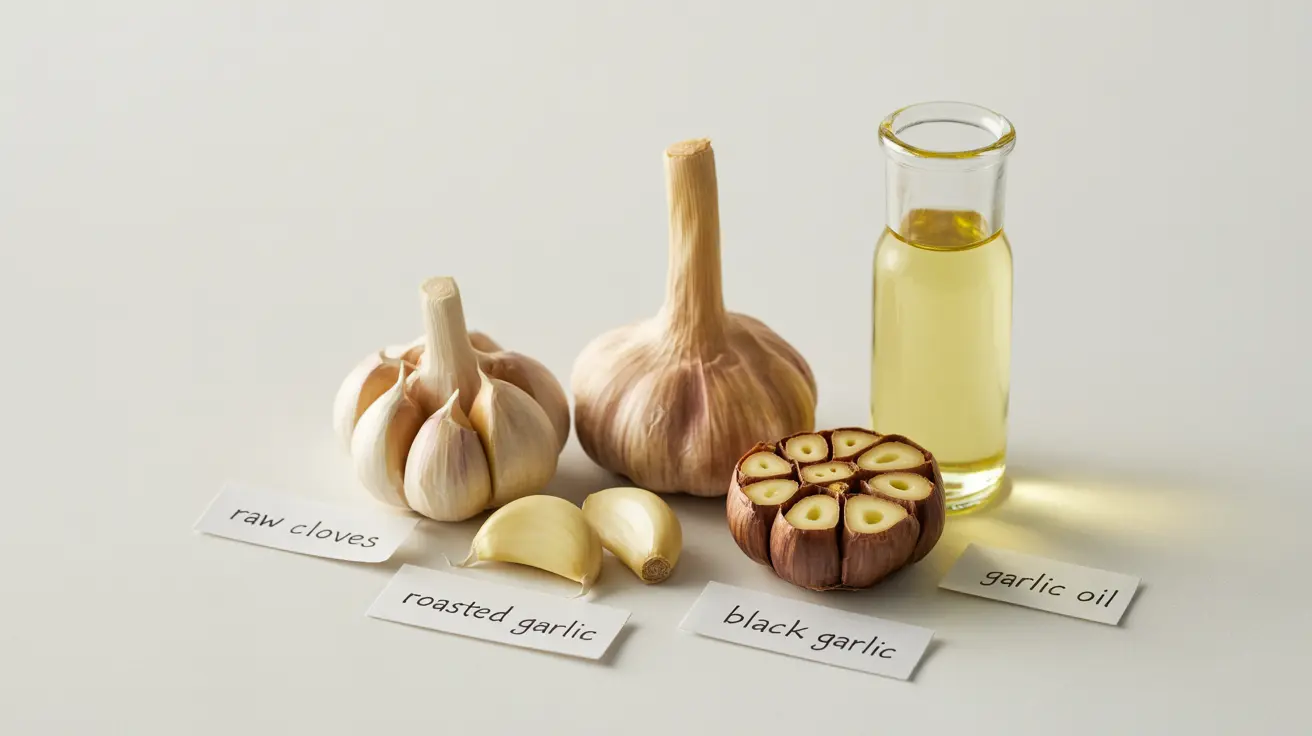For many people who experience acid reflux or heartburn, understanding which foods might trigger their symptoms is crucial. Garlic, a common ingredient in countless dishes, often raises questions about its acidity and potential effects on digestive health. This comprehensive guide explores the relationship between garlic and acid reflux, helping you make informed decisions about including this flavorful ingredient in your diet.
The Acidity of Garlic and Its Impact on Digestion
Garlic itself has a pH level that ranges from 5.8 to 6.3, making it slightly acidic but closer to neutral on the pH scale. However, its effects on acid reflux aren't solely determined by its pH level. Rather, it's the compounds in garlic, particularly allicin, that can influence digestive processes and potentially trigger symptoms in sensitive individuals.
How Garlic Affects Stomach Acid Production
When consumed, garlic can stimulate the production of stomach acid and relax the lower esophageal sphincter (LES), the muscle that prevents stomach contents from flowing back into the esophagus. This combination of effects explains why some people experience increased acid reflux symptoms after eating garlic.
Health Benefits vs. Digestive Concerns
Despite potential digestive concerns, garlic offers numerous health benefits that shouldn't be overlooked. It contains powerful compounds with antimicrobial properties, supports heart health, and may boost immune function. The key is finding the right balance between enjoying these benefits and managing acid reflux symptoms.
Notable Health Benefits of Garlic
- Supports cardiovascular health
- Contains antioxidant compounds
- May help reduce inflammation
- Supports immune system function
- Has natural antimicrobial properties
Safe Ways to Include Garlic in Your Diet
If you enjoy garlic but experience acid reflux, there are several strategies to help you incorporate it into your diet more safely:
Preparation Methods That May Help
- Cook garlic thoroughly instead of eating it raw
- Use garlic-infused oil (with the solid pieces removed)
- Consider dehydrated garlic powder in small amounts
- Try roasted garlic, which tends to be milder
Start with small amounts and monitor your body's response. Everyone's tolerance levels differ, so what works for one person may not work for another.
Different Forms of Garlic and Their Effects
Various forms of garlic can have different impacts on acid reflux symptoms. Black garlic, for instance, undergoes a fermentation process that may make it more digestible for some people. Aged garlic extract supplements might also be better tolerated than fresh garlic.
Frequently Asked Questions
Is garlic acidic and how does its acidity affect acid reflux? Garlic is mildly acidic with a pH of 5.8-6.3. However, its effect on acid reflux is more related to its ability to relax the LES and stimulate stomach acid production rather than its inherent acidity level.
Can eating garlic cause or worsen heartburn and acid reflux symptoms? Yes, garlic can trigger or worsen acid reflux symptoms in some people by relaxing the lower esophageal sphincter and increasing stomach acid production. The severity of symptoms varies among individuals.
What are the health benefits and potential risks of consuming garlic if I have acid reflux? Garlic offers numerous health benefits, including cardiovascular support and immune system boosting properties. However, for those with acid reflux, the risks include potential triggering or worsening of symptoms. The key is finding the right balance and preparation method that works for you.
How can I safely include garlic in my diet without triggering acid reflux? Try cooking garlic thoroughly, using garlic-infused oil, or starting with small amounts of garlic powder. Monitor your symptoms and adjust portions accordingly. Eating garlic with other foods rather than on an empty stomach may also help.
Are certain forms of garlic, like raw or black garlic, better or worse for acid reflux? Raw garlic typically has the strongest potential to trigger acid reflux symptoms. Black garlic or roasted garlic may be better tolerated due to their modified chemical composition. Garlic supplements or aged garlic extract might also be gentler options for some people.




